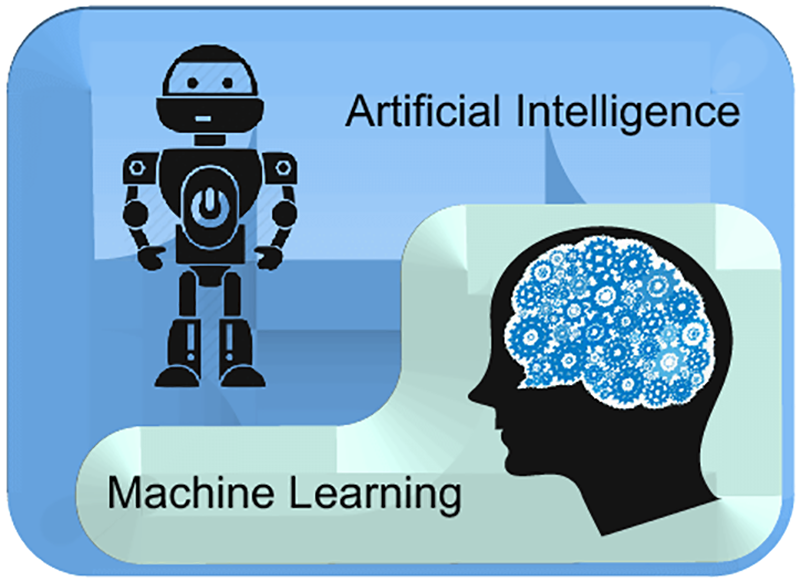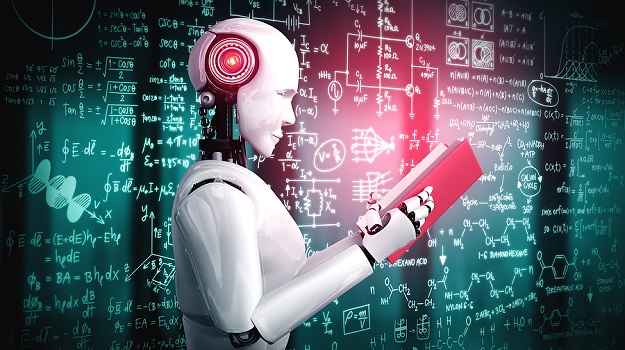The Evolution of AI Learning: Transforming the Future
Artificial Intelligence (AI) learning has rapidly evolved over the past few decades, significantly impacting various industries and aspects of daily life. From enhancing business operations to revolutionizing healthcare, AI learning is at the forefront of technological advancement.
What is AI Learning?
AI learning refers to the process by which artificial intelligence systems improve their performance over time through data analysis and pattern recognition. This capability allows machines to learn from experience, adapt to new inputs, and perform human-like tasks with increasing efficiency.
Types of AI Learning
There are several types of AI learning methodologies, each with unique characteristics and applications:
- Supervised Learning: In this approach, AI systems are trained on a labeled dataset, meaning that each input comes with an associated output. The system learns to map inputs to outputs by identifying patterns in the data.
- Unsupervised Learning: Here, AI systems work with unlabeled data. The goal is to identify hidden patterns or intrinsic structures within the data without any prior guidance.
- Reinforcement Learning: This type involves training an AI agent through trial and error. The agent learns to make decisions by receiving rewards or penalties based on its actions in a given environment.
Applications of AI Learning
The impact of AI learning is evident across various sectors:
- Healthcare: AI algorithms assist in diagnosing diseases at early stages by analyzing medical images and patient data more accurately than traditional methods.
- Finance: Financial institutions use AI for fraud detection, risk management, and personalized banking services based on consumer behavior analysis.
- E-commerce: Retailers leverage AI learning for personalized product recommendations and inventory management to enhance customer experiences.
- Autonomous Vehicles: Self-driving cars rely heavily on reinforcement learning algorithms to navigate complex environments safely.
The Future of AI Learning
The future of AI learning holds immense potential as researchers continue to push boundaries. Emerging technologies like quantum computing may further accelerate advancements in this field. Moreover, ethical considerations will play a crucial role in shaping how these technologies are developed and deployed responsibly.
The integration of advanced machine learning techniques into everyday applications promises a future where machines not only augment human capabilities but also contribute positively towards solving global challenges such as climate change or resource scarcity.
Conclusion
The transformative power of AI learning is undeniable. As it continues evolving at an unprecedented pace, its influence will become even more pervasive across industries worldwide—reshaping economies while improving quality-of-life standards globally.
Navigating this dynamic landscape requires collaboration among technologists, policymakers, businesses, and society at large—to ensure that we harness these innovations ethically for collective progress toward a brighter future powered by intelligent systems capable of lifelong learning.
5 Essential Tips to Master AI Learning: From Basics to Real-World Projects
- Start with the basics of AI and machine learning concepts.
- Practice coding with Python and popular libraries like TensorFlow and PyTorch.
- Work on real-world AI projects to gain hands-on experience.
- Stay updated with the latest research and developments in the field of AI.
- Collaborate with other AI enthusiasts to share knowledge and learn together.
Start with the basics of AI and machine learning concepts.
Starting with the basics of AI and machine learning concepts is crucial for anyone looking to understand or work in the field of artificial intelligence. By building a strong foundation, individuals can grasp essential ideas such as algorithms, data structures, and statistical models that underpin AI technologies. Understanding core concepts like supervised and unsupervised learning, neural networks, and natural language processing allows learners to appreciate how AI systems analyze data to make predictions or decisions. This foundational knowledge not only aids in comprehending more complex topics but also equips learners with the skills needed to apply AI solutions effectively across various industries. Starting with the basics ensures a smoother transition into advanced studies and practical applications, paving the way for innovation and problem-solving in real-world scenarios.
Practice coding with Python and popular libraries like TensorFlow and PyTorch.
Practicing coding with Python and popular libraries like TensorFlow and PyTorch is an essential step for anyone looking to delve into AI learning. Python’s simplicity and readability make it an ideal programming language for beginners and experts alike, providing a solid foundation for developing machine learning models. TensorFlow and PyTorch, two of the most widely used libraries in the field, offer powerful tools for building and training neural networks. By gaining hands-on experience with these libraries, learners can better understand complex concepts such as deep learning, model optimization, and data preprocessing. This practical approach not only enhances one’s technical skills but also opens up opportunities to innovate and contribute to cutting-edge AI applications across various industries.
Work on real-world AI projects to gain hands-on experience.
Gaining hands-on experience by working on real-world AI projects is an invaluable way to deepen one’s understanding of artificial intelligence. Engaging with actual projects allows individuals to apply theoretical knowledge in practical scenarios, bridging the gap between learning and application. This approach provides exposure to real-life challenges, such as data preprocessing, model training, and deployment, which are essential for developing problem-solving skills. Additionally, working on diverse projects enhances adaptability and creativity, as each project may present unique obstacles that require innovative solutions. By tackling these challenges head-on, individuals not only build a robust skill set but also gain insights into industry practices and trends, making them more competitive in the rapidly evolving field of AI.
Stay updated with the latest research and developments in the field of AI.
Staying updated with the latest research and developments in AI is crucial for anyone involved in the field, whether you’re a seasoned professional or a curious newcomer. The landscape of artificial intelligence is rapidly evolving, with new breakthroughs and technologies emerging regularly. By keeping abreast of these advancements, individuals can gain valuable insights into cutting-edge techniques, tools, and applications that can enhance their work or understanding of AI. Following reputable journals, attending conferences, and participating in online forums are excellent ways to stay informed. This continuous learning process not only helps in maintaining a competitive edge but also fosters innovation by inspiring fresh ideas and approaches to complex problems.
Collaborate with other AI enthusiasts to share knowledge and learn together.
Collaborating with other AI enthusiasts can significantly enhance the learning experience by fostering an environment of shared knowledge and diverse perspectives. Engaging with a community of like-minded individuals allows for the exchange of ideas, techniques, and insights that might not be accessible when learning in isolation. This collaborative approach not only accelerates personal growth but also helps in solving complex problems more efficiently, as each participant brings their unique expertise to the table. Additionally, working together on projects or discussing recent advancements in AI can lead to innovative solutions and a deeper understanding of the field, ultimately benefiting all involved.




